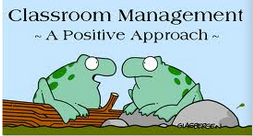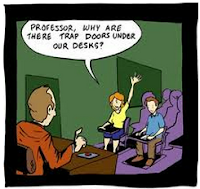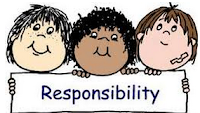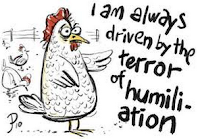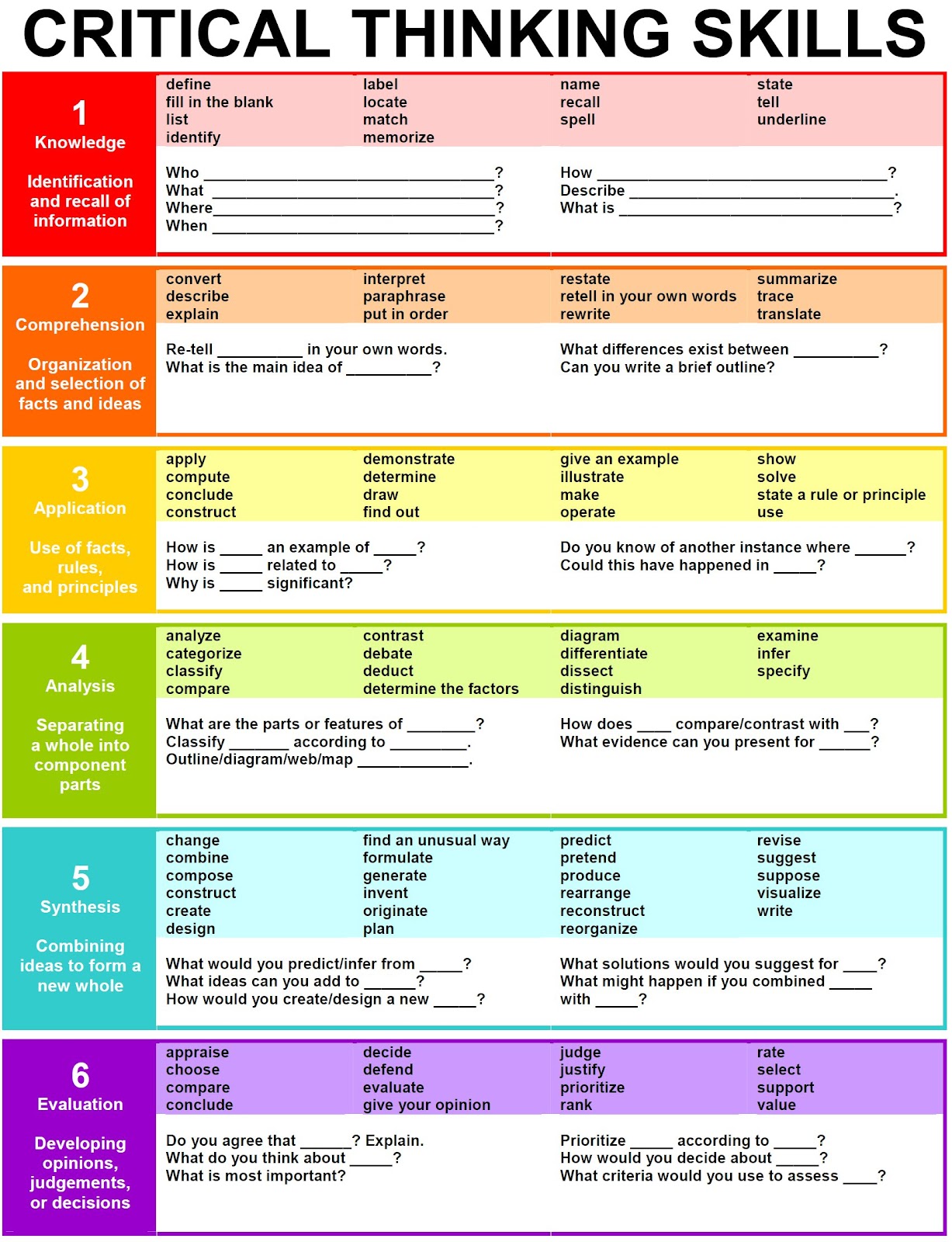Are you planning to succeed this new academic year?
by Sylwia Rytarowska on August 27, 2012
We all hate elaborate speeches or beeing lectured on how to act. This TED lecture however is neither lengthy nor boring. It will help you say hello to your new students or reestablish rapport with the old ones.
I. Richard St. John’s 8 secrets of success in very short 3 minutes. (there’s a video, you may find it on youtube otherwise I can email it to those interested)
If you consider this topic a suitable one to go a little further and analyse academic success, take a look at the following list from http://astro.wku.edu/gelderman/success.html. Read it together and discuss why these aspects are important, or WHETHER they are, in your opinion. Subtract or add some. You also might want to rearrange their order of importance if you feel like it. Anyway, have fun and be excited, anything less isn’t worth your effort.
Paraphrased from an article by Larry Ludewig called Ten Commandments for Effective Study Skills which appeared in The Teaching Professor, December 1992.
II. Successful students . . .
1) . . . are responsible and active.
Successful students get involved in their studies, accept responsibility for their own education, and are active participants in it!
Responsibility means control. It’s the difference between leading and being led. Your own efforts control your grade, you earn the glory or deserve the blame, you make the choice. Active classroom participation improves grades without increasing study time. You can sit there, act bored, daydream, or sleep. Or, you can actively listen, think, question, and take notes like someone in charge of their learning experience. Either option costs one class period. However, the former method will require a large degree of additional work outside of class to achieve the same degree of learning the latter provides at one sitting. The choice is yours.
2) . . . have educational goals.
Successful students have legitimate goals and are motivated by what they represent in terms of career aspirations and life’s desires.
Ask yourself these questions: What am I doing here? Why have I chosen to be sitting here now? Is there some better place I could be? What does my presence here mean to me? Answers to these questions represent your “Hot Buttons” and are, without a doubt, the most important factors in your success as a college student. If your educational goals are truly yours, not someone else’s, they will motivate a vital and positive academic attitude. If you are familiar with what these hot buttons represent and refer to them often, especially when you tire of being a student, nothing can stop you; if you aren’t and don’t, everything can, and will!
3) . . . ask questions.
Successful students ask questions to provide the quickest route between ignorance and knowledge.
In addition to securing knowledge you seek, asking questions has at least two other extremely important benefits. The process helps you pay attention to your professor and helps your professor pay attention to you! Think about it. If you want something, go after it. Get the answer now, or fail a question later. There are no foolish questions, only foolish silence. It’s your choice.
4) . . . learn that a student and a professor make a team.
Most instructors want exactly what you want — they would like for you to learn the material in their respective classes and earn a good grade.
Successful students reflect well on the efforts of any teacher; if you have learned your material, the instructor takes some justifiable pride in teaching. Join forces with your instructor, they are not an enemy, you share the same interests, the same goals – in short, you’re teammates. Get to know your professor. You’re the most valuable players on the same team. Your jobs are to work together for mutual success. Neither wishes to chalk up a losing season. Be a team player!
5) . . . don’t sit in the back.
Successful students minimize classroom distractions that interfere with learning.
Students want the best seat available for their entertainment dollars, but willingly seek the worst seat for their educational dollars. Students who sit in the back cannot possibly be their professor’s teammate (see no. 4). Why do they expose themselves to the temptations of inactive classroom experiences and distractions of all the people between them and their instructor? It is a sure bet to assume they chose the back of the classroom because they seek invisibility or anonymity, both of which are antithetical to efficient and effective learning. If such students are trying not to be part of the class, why, then, are they wasting their time? If you find yourself in this situation, ask yourself if there something else you should be doing with your time?
6. . . . take good notes.
Successful students take notes that are understandable and organized, and review them often.
Why put something into your notes you don’t understand? Ask the questions now that are necessary to make your notes meaningful at some later time. A short review of your notes while the material is still fresh on your mind helps your learn more. The more you learn then, the less you’ll have to learn later and the less time it will take because you won’t have to include some deciphering time, also. The whole purpose of taking notes is to use them, and use them often. The more you use them, the more they improve.
7) . . . understand that actions affect learning.
Successful students know their personal behavior affect their feelings and emotions which in turn can affect learning.
If you act in a certain way that normally produces particular feelings, you will begin to experience those feelings. Act like you’re bored, and you’ll become bored. Act like you’re disinterested, and you’ll become disinterested. So the next time you have trouble concentrating in the classroom, “act” like an interested person: lean forward, place your feet flat on the floor, maintain eye contact with the professor, nod occasionally, take notes, and ask questions. Not only will you benefit directly from your actions, your classmates and professor may also get more excited and enthusiastic.
8) . . . talk about what they’re learning.
Successful students get to know something well enough that they can put it into words.
Talking about something, with friends or classmates, is not only good for checking whether or not you know something, its a proven learning tool. Transferring ideas into words provides the most direct path for moving knowledge from short-term to long-term memory. You really don’t “know” material until you can put it into words. So, next time you study, don’t do it silently. Talk about notes, problems, readings, etc. with friends, recite to a chair, organize an oral study group, pretend you’re teaching your peers. “Talk-learning” produces a whole host of memory traces that result in more learning.
9) . . . don’t cram for exams.
Successful students know that divided periods of study are more effective than cram sessions, and they practice it.
If there is one thing that study skills specialists agree on, it is that distributed study is better than massed, late-night, last-ditch efforts known as cramming. You’ll learn more, remember more, and earn a higher grade by studying in four, one hour-a-night sessions for Friday’s exam than studying for four hours straight on Thursday night. Short, concentrated preparatory efforts are more efficient and rewarding than wasteful, inattentive, last moment marathons. Yet, so many students fail to learn this lesson and end up repeating it over and over again until it becomes a wasteful habit.
10) . . . are good time managers.
Successful students do not procrastinate. They have learned that time control is life control and have consciously chosen to be in control of their life.
An elemental truth: you will either control time or be controlled by it! It’s your choice: you can lead or be led, establish control or relinquish control, steer your own course or follow others. Failure to take control of their own time is probably the no.1 study skills problem for college students. It ultimately causes many students to become non-students! Procrastinators are good excuse-makers. Don’t make academics harder on yourself than it has to be.


